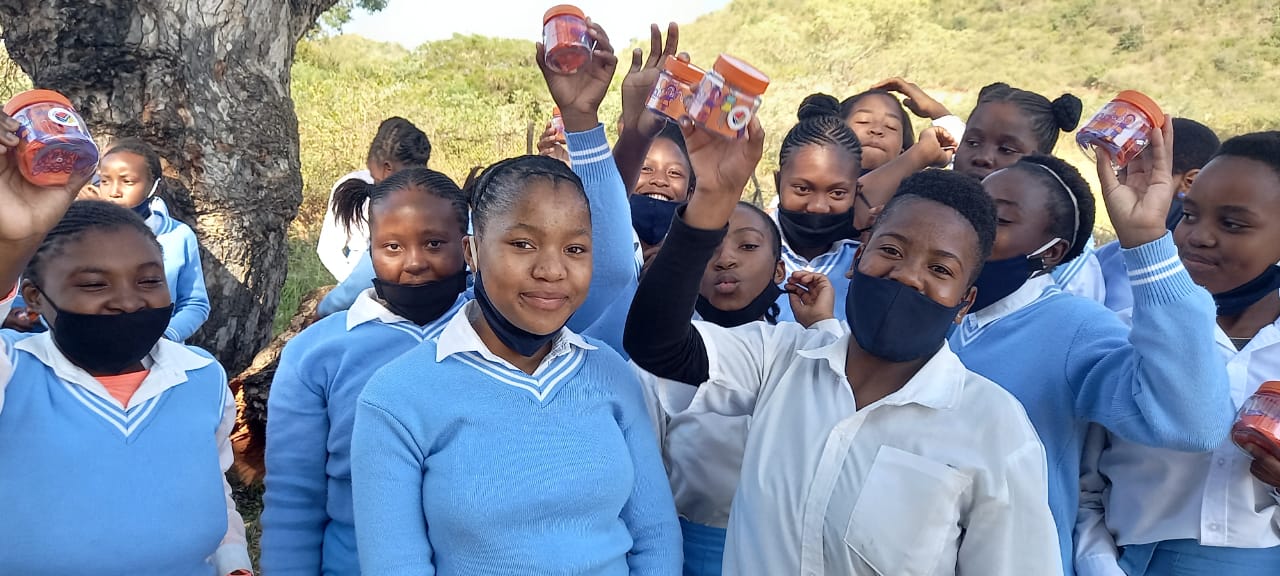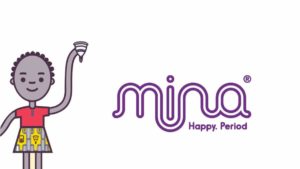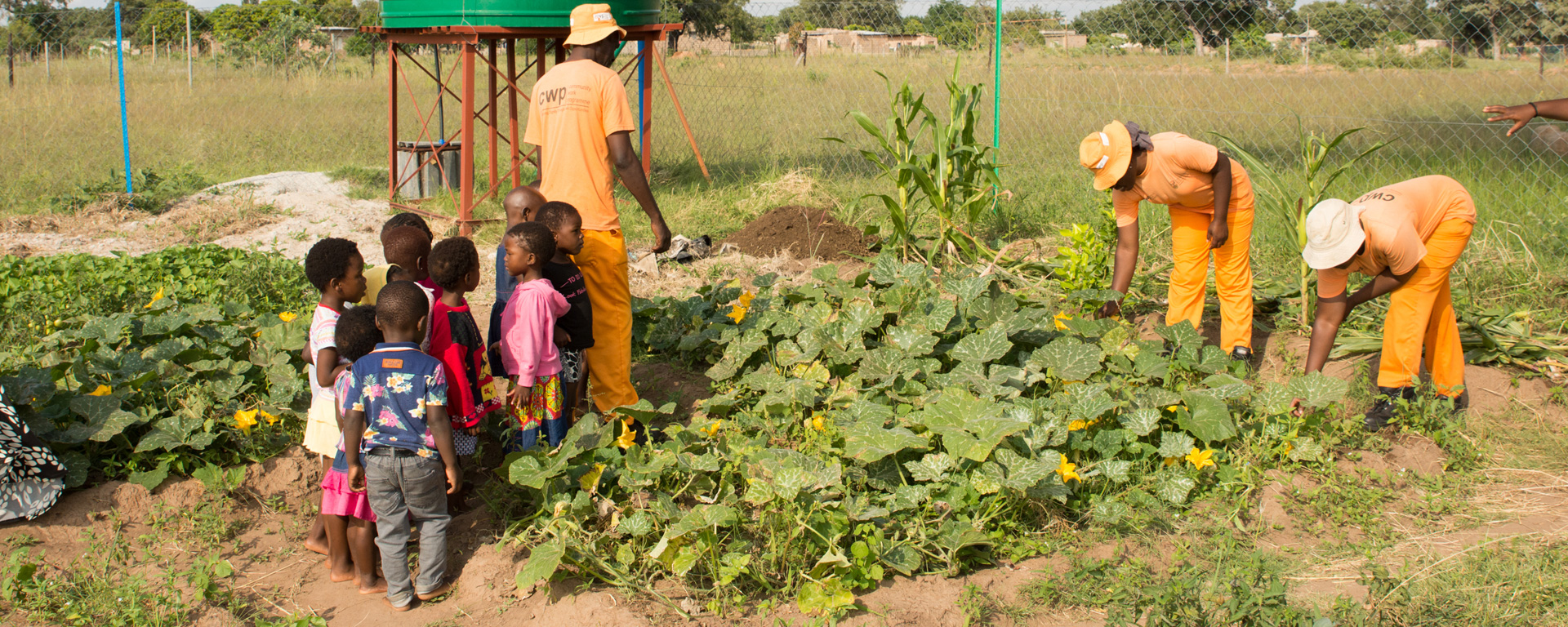
26 May 2021 Menstrual Hygiene Day, May 28th
Period poverty is a global issue affecting an estimated 500 million menstruators each month. Period products are expensive and regularly not accessible to women and girls in rural communities of South Africa. It is common for girls in Mpumalanga to rely on materials such as rags, newspapers, and socks to manage their periods. These adsorbents are not only uncomfortable and ineffective but they are also unhygienic and dangerous.
In Mpumalanga, girls often receive little to no education surrounding puberty and menstrual health. Period myths and taboos are also common in these rural areas which adds to the shame girls feel about menstruation. A lack of menstrual hygiene supplies and knowledge about menstruation leave girls feeling uncomfortable about attending school during their periods and so many girls will stay home, missing at least three to five days each month.
By providing girls with menstrual hygiene supplies and having open discussions about puberty, female health, and menstrual hygiene management we look to get rid of the stigma surrounding menstruation, encourage girls to ask questions about their bodies, and help girls feel confident and empowered during their periods.
Our MHM initiative includes partnering with Mina Cup, a South African female led company to bring reusable menstrual hygiene cups to girls in Mpumalanga and Limpopo. These cups are an affordable, sustainable, and safe alternative to pads and tampons. The cups are made of medical grade silicone and can be worn for 8-10 hours without having to be emptied. When we distribute the cups to girls, our trained Mina Cup Mentors discuss topics surrounding female health and menstruation and teach the girls about the benefits of the cups, how to use them, and how to clean them. These cups can help ease the burden of period poverty as they can be cleaned and reused for up to five years. With these cups girls can feel more comfortable throughout the day as they do not have to worry about leaking/staining and having to run to the bathroom to change their pads or tampons every few hours.
Girls in these rural areas also struggle with managing their periods in school due to the poor conditions of the school’s sanitation facilities. A lack of privacy and cleanliness makes it extremely difficult to feel comfortable attending school during one’s period. We have improved sanitation facilities at over 20 schools and we look to continue to revamp sanitation buildings, replace pit toilets with sustainable waterless toilets, and increase the number of hand washing stations at our partner schools.
We strive to help our partner schools support their female learners through our MHM and sanitation initiatives but we also know that for girls to thrive there needs to be systemic change. With this, we are joining WASH United and other organizations across the globe to raise awareness and change negative social norms surrounding menstrual health and hygiene.
We are excited to work alongside organizations and leaders who work tirelessly to uplift girls and women in poor rural communities.This May 28th we will be celebrating Menstrual Hygiene Day by hosting our third Mina Cup workshop at Mmasekobe Secondary School, distributing menstrual hygiene cups to more girls and discussing periods and female health. We will also begin training three more Mina Cup Mentors to be our mentors for Acornhoek’s community. Our Acornhoek mentors will run Mina Cup workshops at our Permaculture Centre for our Acornhoek partner schools and community members.
Want to join us in celebrating MHDay? All donations made on May 28th will go towards our Mina Cup program! You can also help us share our current MHM initiatives on Facebook & Twitter. You can learn more about MHDay2021 at https://menstrualhygieneday.org/
